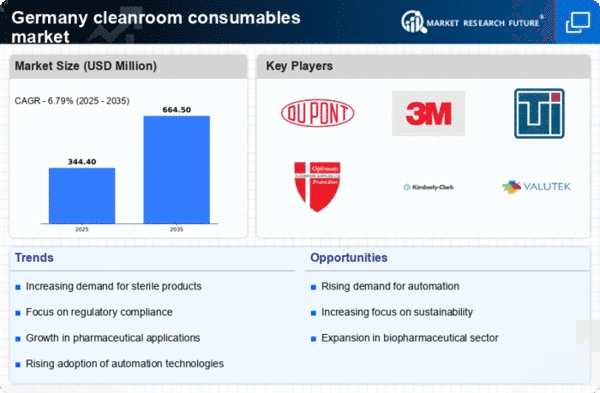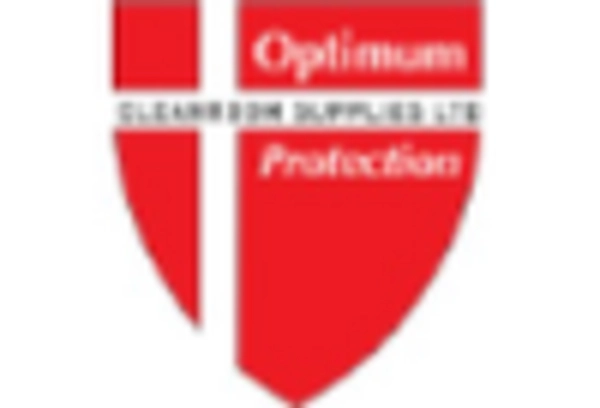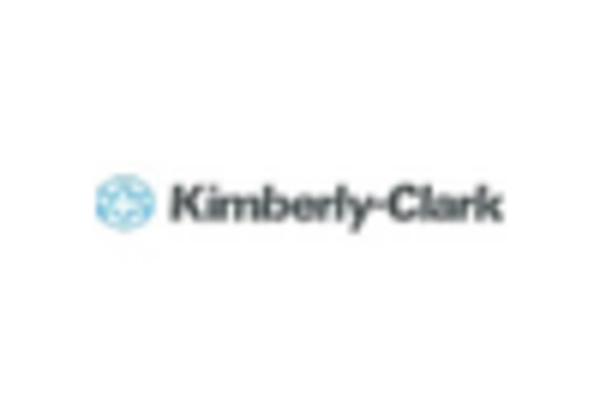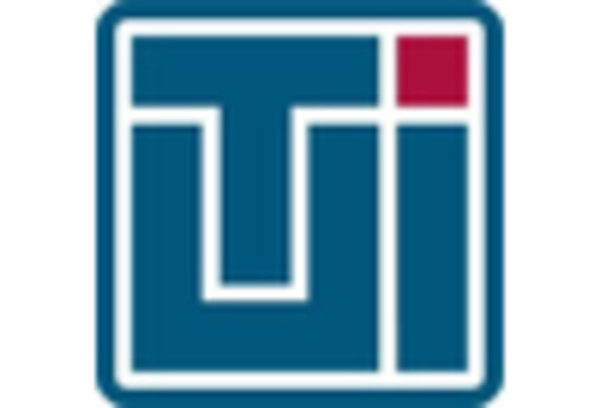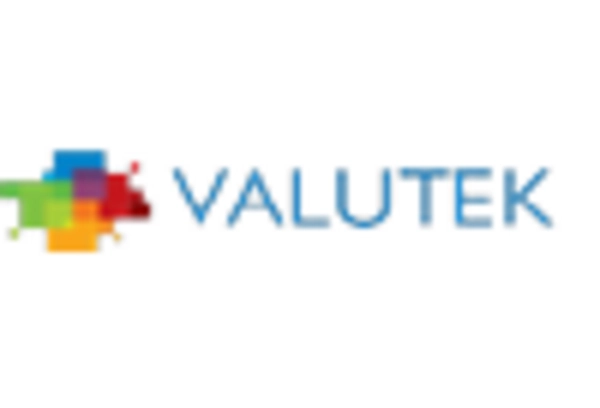Stringent Quality Standards
The cleanroom consumables market in Germany is heavily influenced by stringent quality standards imposed by regulatory bodies. Industries such as pharmaceuticals, biotechnology, and electronics are required to adhere to rigorous guidelines to ensure product safety and efficacy. These standards drive the demand for high-quality consumables that meet specific criteria for cleanliness and performance. In 2025, it is anticipated that compliance with these standards will account for approximately 25% of the market's growth. As companies strive to maintain compliance, the procurement of reliable cleanroom consumables becomes essential, thereby bolstering the market's expansion. This focus on quality assurance is likely to shape purchasing decisions and influence product development in the coming years.
Rising Demand in Pharmaceuticals
The cleanroom consumables market in Germany is experiencing a notable surge in demand, particularly from the pharmaceutical sector. This industry is characterized by stringent quality control measures and the necessity for contamination-free environments. As pharmaceutical companies increasingly invest in advanced manufacturing processes, the need for high-quality cleanroom consumables, such as gloves, gowns, and wipes, becomes paramount. In 2025, the pharmaceutical sector is projected to contribute approximately 30% to the overall cleanroom consumables market revenue in Germany. This reflects a robust growth trajectory and indicates that as the pharmaceutical industry expands, so too does the reliance on specialized consumables to maintain compliance with health regulations and ensure product integrity.
Growth in Electronics Manufacturing
The electronics manufacturing sector in Germany is witnessing substantial growth, which is positively impacting the cleanroom consumables market. As the demand for advanced electronic components increases, manufacturers are compelled to maintain cleanroom environments to prevent contamination during production. This trend is particularly evident in the semiconductor industry, where even minute particles can compromise product quality. In 2025, the electronics sector is projected to contribute around 20% to the cleanroom consumables market, driven by the need for specialized consumables that ensure optimal production conditions. As this sector continues to evolve, the reliance on high-quality cleanroom consumables is expected to intensify, further propelling market growth.
Technological Integration in Manufacturing
The integration of advanced technologies in manufacturing processes is significantly influencing the cleanroom consumables market in Germany. Automation and smart manufacturing techniques are becoming increasingly prevalent, necessitating the use of high-performance consumables that can withstand rigorous operational demands. For instance, the adoption of robotics in cleanroom environments requires consumables that are not only effective in contamination control but also compatible with automated systems. This shift is expected to drive a growth rate of around 15% in the cleanroom consumables market by 2026, as manufacturers seek to enhance efficiency and reduce operational costs. Consequently, the demand for innovative consumables that align with these technological advancements is likely to rise.
Increased Focus on Research and Development
Germany's commitment to research and development (R&D) is a critical driver for the cleanroom consumables market. The country is home to numerous research institutions and laboratories that require cleanroom environments for various scientific endeavors. As R&D activities expand, particularly in biotechnology and nanotechnology, the demand for specialized cleanroom consumables is expected to grow. In 2025, R&D spending in Germany is projected to reach €100 billion, with a significant portion allocated to sectors that rely heavily on cleanroom standards. This investment not only fosters innovation but also necessitates the procurement of high-quality consumables to ensure that research outcomes are not compromised by contamination.


